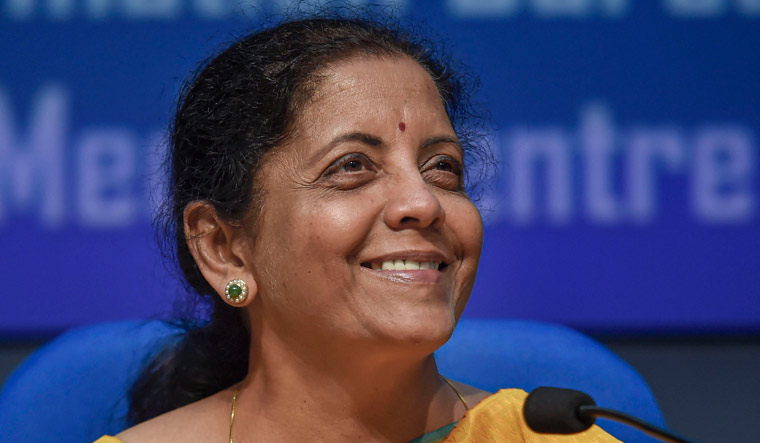The Internet of Things, new frontiers in quantum technology, mapping India’s genetic landscape—Finance Minister Nirmala Sitharaman introduced concepts from various areas of “new science” into Union Budget 2020 and made generous allocations for them, bringing up the knowledge component into the general conversation.
She announced a Rs 8,000 crore allocation over the next five years for a National Mission on Quantum Technology and Applications, another Rs 6,000 crore to Bharat Net, a project that should get one lakh gram panchayats connected to the optical fibre, or Fibre To The Home (FTTH) link up.
Sitharaman stressed the government’s focus on overhauling the education system with a new policy and reforms in higher education. She also spoke about a Study in India programme aimed at attracting more foreign students to Indian institutions.
Experts welcome the thrust of the budget into making India ready for 2030, by when India is slated to have the largest working age population in the world. Equipping this human resource with access to education is a push in the right direction, just as bridging the tech divide between urban and rural areas and focussing on applications of new science is, they say. Of course, a lot depends on what that new education policy will be. The general mood, however, is positive of the government’s decision to look into these areas.
“We welcome the outlay of Rs 99,300 crore for the education sector,’’ said Rupamanjari Ghosh, vice chancellor, Shiv Nadar University, Noida. “It is nice to see proposals aimed at creation of a more inclusive education system—the outcomes have to be tangible and the regulatory system needs to be revamped. The allocation of Rs 3000 crore for core skill development should be part of an agile higher education system for long term relevance.’’
Akhand Swaroop Pandit, CEO and founder Catalyst Group, Online Learning Platform welcomed the announcement that 150 higher education institutes will have apprenticeship programmes by March 2021. He also said that boosting online education with introducing degree level full online programmes by 100 institutions in the country was a welcome decision.
However, despite the scientific jargon in the speech, the actual budget allocation for education is only around five crores more than the last fiscal, which might not be enough to cater to the needs, said Amol Arora, vice chairman and MD, Shemford Group of Futuristic Schools.
The marginal increase in the Space Budget is also surprising, given that India has moved into a very adventurous phase of space explorations. Of course, the allocation for the already announced Gaganyaan is Rs 10,000 which is to be spread over the next two years. The Space allocation in this budget is Rs 13,479 crore, while the actual spending last year was Rs 13,139.26 crore. Within the space budget, the INSAT outlay has come down from Rs 1008 crore to Rs 750 crore. However, space technology has been given an outlay of Rs 9,761.50 crore over last year’s Rs 8991.13 crore.



